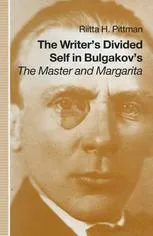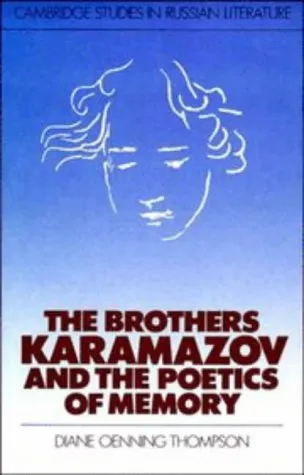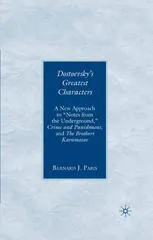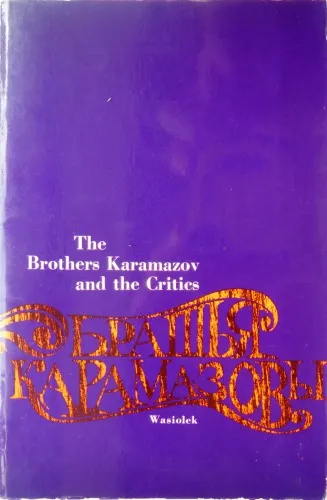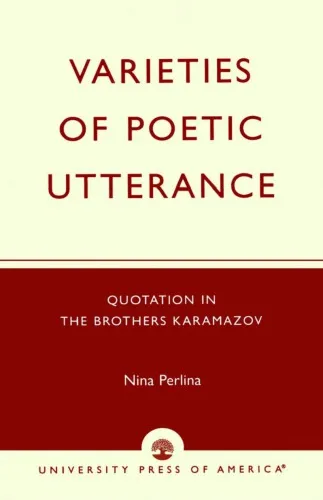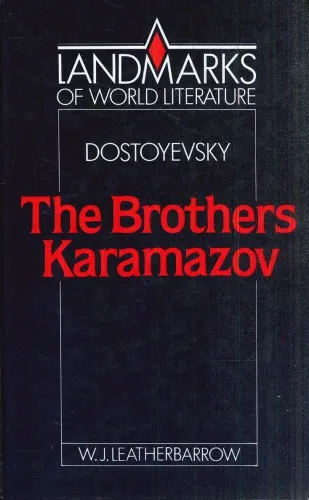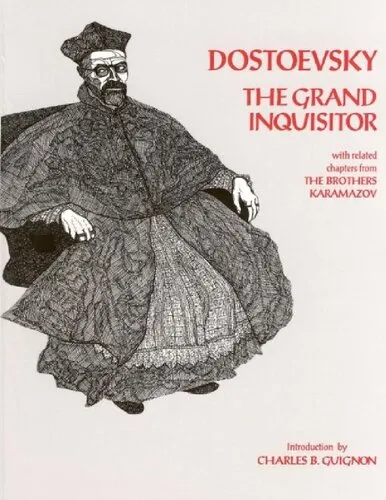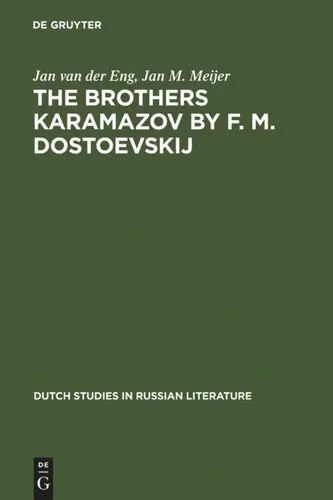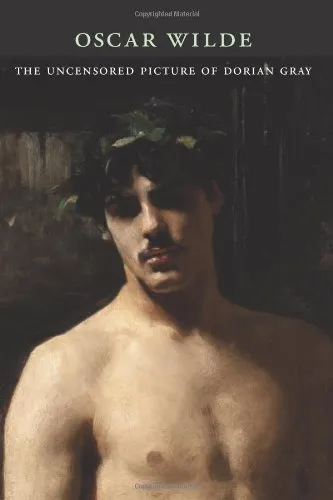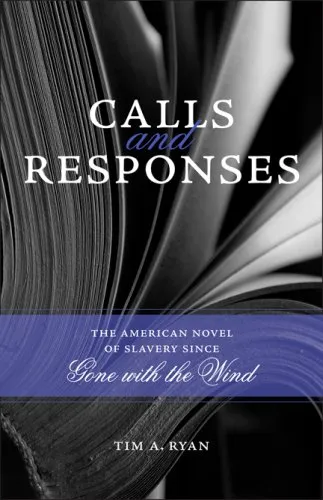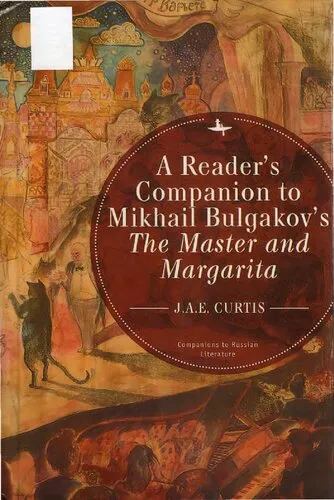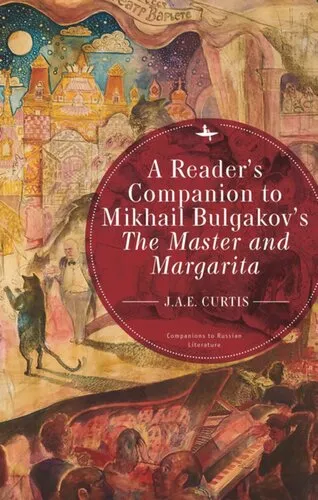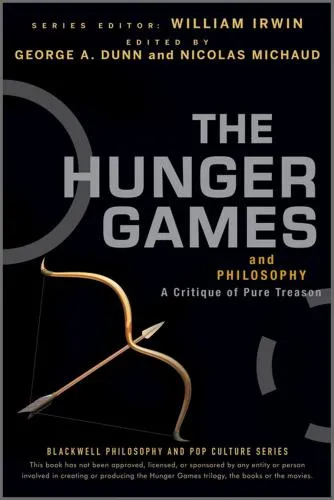The Writer’s Divided Self in Bulgakov’s The Master and Margarita
3.9
Reviews from our users

You Can Ask your questions from this book's AI after Login
Each download or ask from book AI costs 2 points. To earn more free points, please visit the Points Guide Page and complete some valuable actions.Related Refrences:
Introduction to 'The Writer’s Divided Self in Bulgakov’s The Master and Margarita'
Mikhail Bulgakov’s seminal work, "The Master and Margarita," remains one of the most profound literary explorations of the dualities within human nature. "The Writer’s Divided Self in Bulgakov’s The Master and Margarita" offers readers an in-depth examination into the complexities and intricacies of identity and creation, illustrated through Bulgakov's vivid characters and allegorical narrative. This insightful analysis not only dissects the many layers Bulgakov embedded within his magnum opus but also reflects on the universal struggle of finding coherence between the contradictory facets of human identity.
Detailed Summary of the Book
Bulgakov’s "The Master and Margarita" is a landmark of Russian literature, interweaving two primary storylines—the devil’s visit to Soviet Moscow and the tale of Pontius Pilate and Yeshua in ancient Jerusalem. In "The Writer’s Divided Self in Bulgakov’s The Master and Margarita," I delve into the dual worlds Bulgakov creates, viewing them through the lens of the fragmented self. The book argues that Bulgakov’s portrayal of The Master, a character beset by societal oppression and personal self-doubt, parallels the author's own struggles against censorship and creative suppression in Stalinist Russia.
Through rigorous analysis, each chapter unravels how Bulgakov uses his characters to depict the clash between public personas and private identities, reflecting on the broader tensions of his time. The devilish figure of Woland becomes a critical mirror to societal hypocrisies, while Margarita’s journey underscores themes of loyalty and sacrifice. This work connects these narrative elements to Bulgakov's own experiences, ultimately highlighting a universal narrative of internal conflict and the quest for self-harmony.
Key Takeaways
The book provides major insights into Bulgakov’s masterpiece, demonstrating how the theme of the divided self not only defines the characters but also mirrors the societal and personal struggles of the author:
- The perpetual conflict between individual freedom and societal constraints.
- The allegorical use of fantastical elements to critique and reflect on contemporary societal issues.
- An exploration of faith, morality, and redemption within a repressive regime.
- The narrative techniques that blend realism with the supernatural, creating a multifaceted reading experience.
Famous Quotes from the Book
Throughout "The Master and Margarita," Bulgakov crafts numerous memorable quotes that capture essence and themes explored in "The Writer’s Divided Self in Bulgakov’s The Master and Margarita":
"Manuscripts don’t burn" – a testament to the imperishable nature of truth and art.
"Cowardice is the most terrible of vices" – an exploration of moral and ethical courage that resonates throughout the text.
Why This Book Matters
"The Writer’s Divided Self in Bulgakov’s The Master and Margarita" is essential reading for anyone seeking a deeper understanding of Bulgakov's novel or interested in the thematic exploration of duality and the divided self. By examining the internal and external conflicts faced by the characters, the book offers readers new perspectives on coping with their inner contradictions. It is a profound commentary on the relationship between creator and creation, individual and society, illuminating Bulgakov's extraordinary ability to weave complex themes into an enduring narrative.
Additionally, this book holds significant relevance in today’s world, where the balancing act between public personas and private identities continues to be a universal human experience. By providing a detailed exploration into how Bulgakov encapsulates these eternal struggles, "The Writer’s Divided Self in Bulgakov’s The Master and Margarita" becomes a mirror reflecting both past and present dilemmas faced by individuals and society.
Ultimately, this book not only serves as a critical companion to Bulgakov’s novel, enriching readers' understanding and appreciation of the original text, but it also provokes thought and introspection that transcends time and cultural boundaries.
Free Direct Download
You Can Download this book after Login
Accessing books through legal platforms and public libraries not only supports the rights of authors and publishers but also contributes to the sustainability of reading culture. Before downloading, please take a moment to consider these options.
Find this book on other platforms:
WorldCat helps you find books in libraries worldwide.
See ratings, reviews, and discussions on Goodreads.
Find and buy rare or used books on AbeBooks.
1380
بازدید3.9
امتیاز0
نظر98%
رضایتReviews:
3.9
Based on 0 users review
Questions & Answers
Ask questions about this book or help others by answering
No questions yet. Be the first to ask!
